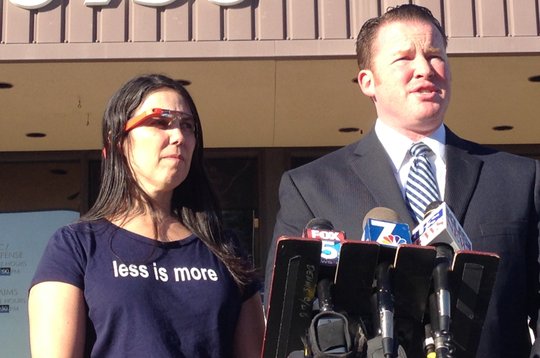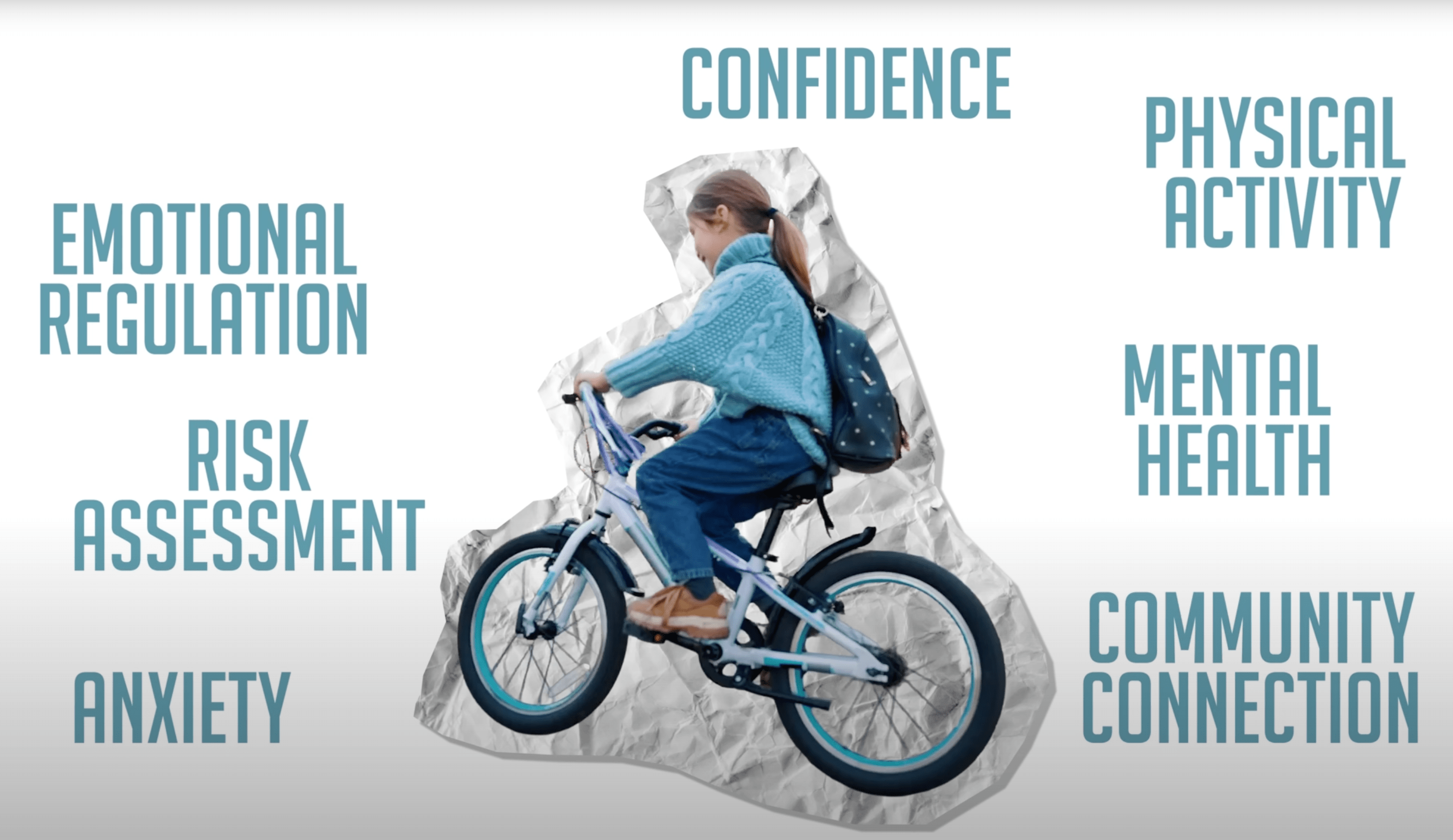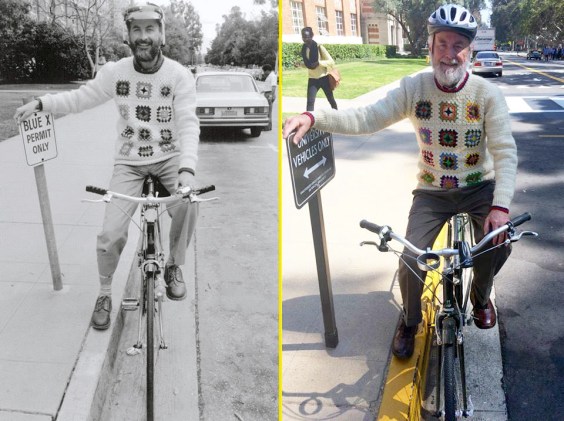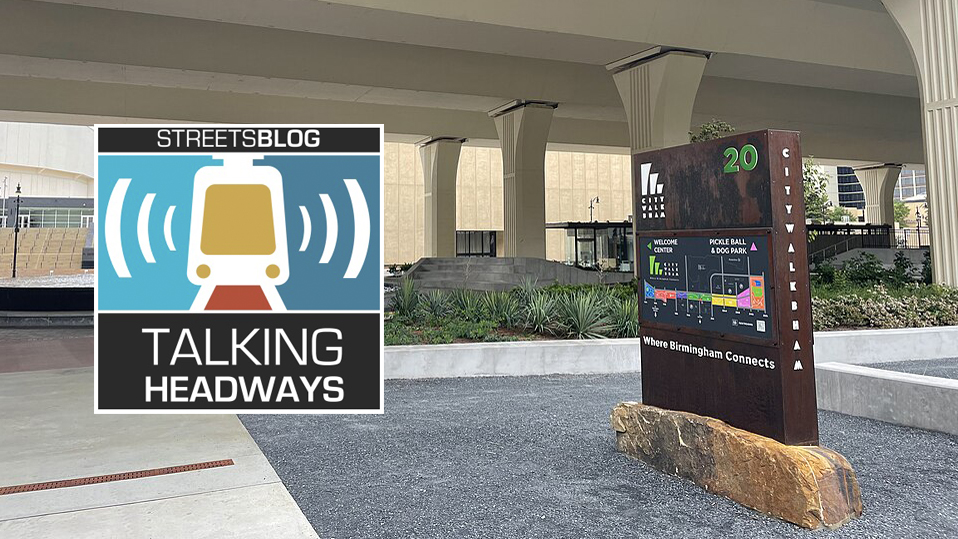
Google Glass: Buying one will set you back $1,500. It makes even the most attractive people look ridiculous. It may or may not be the future of mobile technology.
A handful of states are trying to get out ahead of any risk this product might present to public safety. Bills bubbling up in eight states would ban the use of Google Glass while driving.
Meanwhile, Google (corporate motto: "Don't be evil") is actively lobbying against such legislation in Illinois, Delaware, and Missouri. In Illinois, according to Reuters, Google has hired Chicago Mayor Rahm Emanuel's former political director, John Borovicka, to try to defeat the measure. The Illinois legislature is expected to vote on it this spring.
California courts have already seen a case involving Google Glass. Last month a San Diego woman's distracted driving ticket was overturned because a judge ruled that police couldn't prove the device was on at the time.
Google has been arguing that legislation preventing the use of the technology while driving would be premature, since there are a limited number in circulation, Reuters reports. There are about 10,000 Google Glass devices being tested nationwide and they will likely start being sold to the general public sometime this year.
But regardless of how many Google Glass units are out there, the science on distracted driving is clear. Thousands of people are killed each year in the U.S. because of distracted drivers. People can't safely use hands-free devices while driving -- the human brain just isn't wired for multi-tasking. So why should states put lives at risk by letting people use internet-enabled eyewear while they're behind the wheel of a multi-ton machine?





